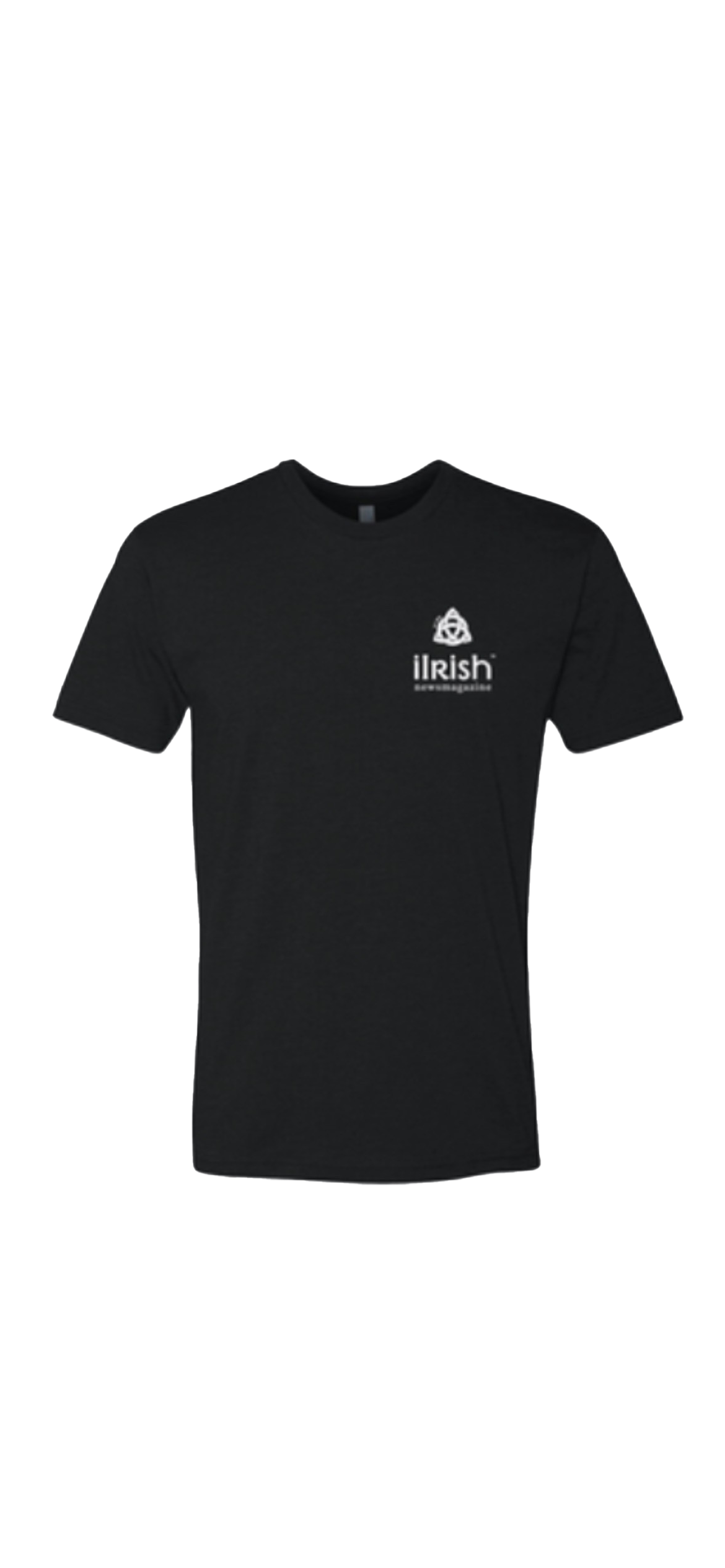Isolation Island Style
By Lisa O’Rourke
And just like that, everything changed. We no longer need clocks, calendars, or pants with waistbands. Our new best friends are the fridge, the TV, and the long-neglected pet, who is probably as terrified to see our constant approach as the fridge.
This isn’t just happening for one group of people for whom we have empathy, it is happening to us all. Many are suffering physically and financially, and it seems like words just aren’t enough to articulate everything that we are going through. Stress is the bubbling undercurrent of everything we do, but there will be an end and there is hope.
So many experts are talking about grief at this moment. I guess so, I see it. One of the tenets of grief is that passing through it always reveals hidden strengths in the human spirit.
I see people out walking, shopping locally, kids playing in their yards, neighbors checking on neighbors, and people who are really living in their communities. In that respect, we are doing many of the things that we promise ourselves that we will do and don’t quite get to.
That immediacy and intimacy of place is one of the things that a tourist takes away from a visit to Ireland. It can and does exist in many places though. It really does take a village.
As a global village, we are driving less. As a friend of mine said, he got three weeks to the gallon. The consequences of slowing down our transportation have been mind-boggling to watch, as smog lifts from some of the most populated US cities.
In many ways, this feels like the world telling us to slow down. Travel brought this disease so quickly and only stopping slowed it down. We all love going places, but there is no doubt that our movement in the world will be more purposeful in the future.
We have been forced to maximize technology in place of movement and it works sometimes. The explosion of Zoom meetings will have people question whether they need to go to Chicago for a meeting. I am not a huge fan of meetings, but there is something nice and more personal in a way, to see people in their homes with their cats walking on their keyboards, what their curtains look like, and their pictures.
A friend of mine said that she is enjoying this slower pace, it reminds her of the fifties. This time is begging us to slow down and appreciate what is important.
Authenticity and Connections
The takeaway from this moment might be a return to authenticity. We are making things ourselves, from PPE masks to bread. We are cooking our own dinners and playing board games, even Millennials are playing board games, albeit online, and loving it.
What shines through it all are the genuine connections between real people. Many artists and performers are sharing their talents online. The performances that I think work are the ones that involve genuine connections.
One group that is playing regularly online makes a point to recognize friends as they log on and have a bit of craic with them. It is almost as good as being there. Real people all around are our heroes now. We don’t have time for celebrity.
We care about real people; doctors, nurses, grocers, neighbors, and first responders. Even the Queen gets it. It is heartwarming to see the people in big cities like New York and Chicago cheering for healthcare providers every night. It feels so much more balanced that the people who actually do much of the heavy lifting of making in our society are getting the acknowledgment that they deserve.
Blasket Islands
Had this pandemic not happened, I intended to write this article about the Blasket Islands. I was out one evening, yes out imagine that, and someone mentioned that the people of the Blaskets were a literate group, that they produced more works of literature per capita than anywhere else.
It was an intriguing comment but not a verified fact. But you know why it seems logical if you know the islands. They were and still are isolated, not completely mind you, but just enough to feel it.
One of our family trips to an island started with suntan lotion and ended with motion-sickness bags. It makes a person think before you venture out. You can get a lot done when you stay in one place.
So many people go to Ireland to get that sense of things moving a little slower. While it may have that appearance from the outside, much of that changed in the last few decades. It is a wildly different place than it was twenty years ago, and exponentially so.
A few years back, I talked to a man who was one of the oldest people in the country. When asked what was different, he said that people did not work together the way that they used to.
I saw some of that change myself. My first summer on the farm in Ireland was hard work, but in some ways, idyllic. We spent time that summer going from farm to farm, helping with the hay, working a day there, eating and drinking with those families. There would be groups of neighbors working together by the dozen.
Then mechanization became more affordable and no one asked for help anymore. This crisis has united communities again. Watching online, I have seen groups spring up, volunteering to shop or run errands for the elderly or confined. They are making and delivering meals in the hundreds to people in need in my husband’s hometown of Castlerea. They have come together as a community.
I love the book “About a Boy” by Nick Hornby. One of the themes of the book is and I quote, “No man is an island.” Instead of attributing the line to John Donne, the main character dismisses the sentiment and credits Jon Bon Jovi, claiming himself to be a very happy tropical island, Ibitha.
He spends the rest of the book proving himself wrong and that statement’s truth. No one knows how we are going to feel after all this is over, but this experience is proof that Jon Bon Jovi was right. It is pointless to pretend otherwise; no man is an island.
*Lisa O’Rourke is an educator from Akron. She has a BA in English and a Master’s in Reading/Elementary Education. Lisa is a student of everything Irish, primarily Gaeilge. She runs a Gaeilge study group at the AOH/Mark Heffernan Division. She is married to Dónal and has two sons, Danny and Liam. Lisa enjoys art, reading, music, and travel. She enjoys spending time with her dog, cats, and fish. Lisa can be contacted at [email protected]




